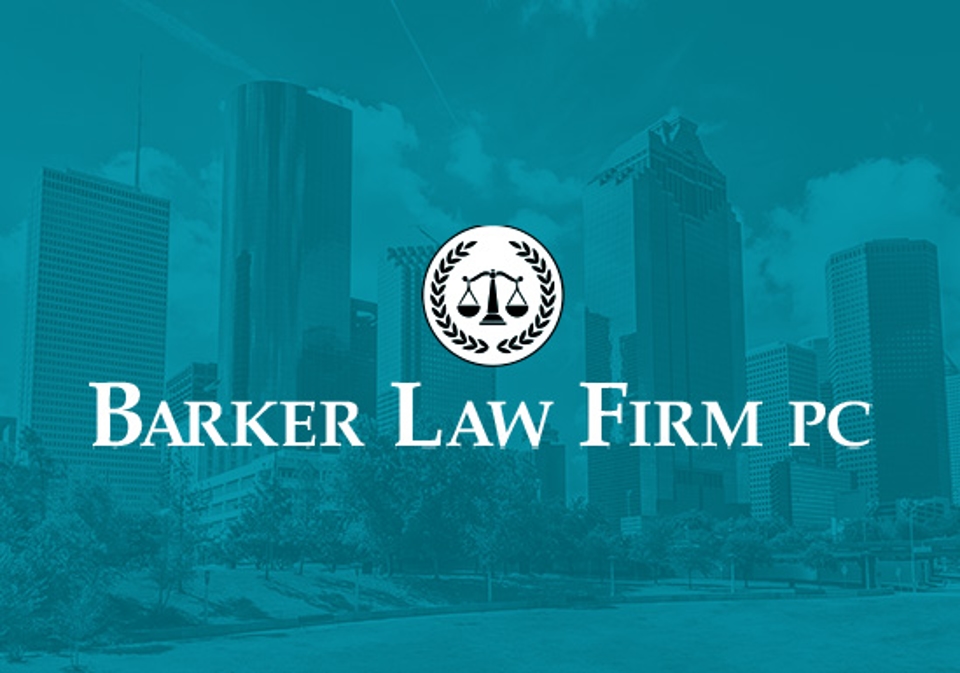In Texas and throughout the country, child support is an important issue. Court systems everywhere maintain that children have the right to be properly supported by their parents. If parents fail to pay court-ordered child support, they can be held in contempt of court, and federal laws will sometimes come into play. It is possible that a parent who defaulted on child support could be sentenced to prison time or extensive fines and still be required to pay the child support.
When a divorce occurs, establishing custody guidelines and making provisions for the financial support of any children involved is a crucial part of the process. Typically, both maternity and paternity of the children are determined in the beginning of the divorce procedures. While both parents are often documented on a child's birth certificate, there may be occasions when an assumed father might question his biological relationship to a child. In cases such as this, genetic or DNA testing can be utilized to resolve paternity issues.
Once child custody provisions and support have been established and ordered by the court, parents are bound to oblige the mandate. When a parent fails to meet their obligations, a child support enforcement agency may act against that parent. It is possible that any sort of income from regular wages to unemployment compensation may be levied. Savings accounts of any type, including retirement benefits and trust funds, may be attached. Federal or state tax refunds are also vulnerable to collection to satisfy past-due child support.
If child support payment arrangements come into an arrears state, either party involved may choose to seek the advice of a divorce attorney. Various members of a law office might assist one or the other parent with child support issues. Sometimes, these situations may be solved without going back to court.



